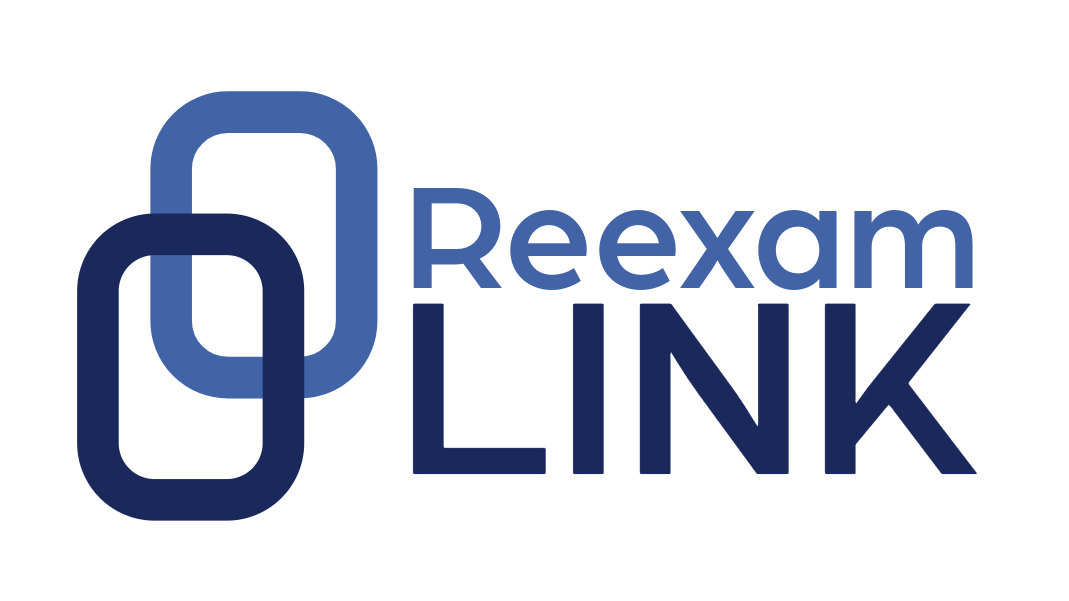Category: prior art
-
Federal Circuit Weighs in on Exceptional Case Determinations in Realtime Adaptive Streaming v. Sling TV and Dish
A recent Federal Circuit decision provided some additional insight into exceptional case determinations in patent infringement disputes. In Realtime Adaptive Streaming v. Sling TV, the Federal Circuit reviewed an award of attorneys’ fees granted to DISH and related Sling entities (collectively, DISH) by the United States District Court for the District of Colorado. Realtime Adaptive…
-
A Split Panel of the Federal Circuit Reverses PTAB Finding of Unpatentability Without Remand in DSS v. Apple
In DSS Technology Management v. Apple Inc., a split panel of the Federal Circuit reversed a finding of patentability by the Patent Trial and Appeal Board (PTAB or the Board), but did so without remanding the case back to the Board for further findings. In DSS, the Federal Circuit considered two inter partes review decisions finding…
-
Complex Claim Construction Issues in Knowles Electronics v. Cirrus Logic
—
by
A recent Federal Circuit case demonstrates the complexity of resolving difficult claim construction issues in multiple agency and court proceedings. In Knowles Electronics v. Cirrus Logic the Federal Circuit declined to apply its own prior claim interpretation of the same term of the same claims of the same patent. U.S. Patent No. 6,781,231 (“the ’231 patent”) entitled “Microelectromechanical System…
-
Shire’s Granted Motion to Amend Offers Additional Insight Into PTAB Amendment Practice
When a patent undergoes review at the Patent Trial and Appeal Board (“PTAB”), the Patent Owner has an opportunity to file a motion to amend claims so that a substitute claim can be proposed for each claim sought to be amended. Stakeholders, and even some jurists, have been critical of the PTAB for denying the majority…
-
PTAB Narrows Its Preliminary Claim Interpretation To Uphold Cellular Patent
In July, 2014 Ericsson Inc. and Telefonaktiebolaget LM Ericsson (“Ericsson”) petitioned for inter partes review of claims 1, 2, 8-12 and 18-22 of U.S. Patent No. 7,787,431 owned by Intellectual Ventures II LLC (“IV”). In February, 2015, the Board instituted trial on claims 1 and 2 based on obviousness grounds, but denied institution of obviousness…
-
Are Patent-Friendly PTAB Decisions On the Rise?
Patent litigation changed with passage of the America Invents Act. Overnight the PTAB became a new venue for challenging patent claims using IPRs, CBMs and PGRs. The initial reaction by the patent bar to the PTAB’s “take charge” approach to instituting review and canceling patent claims was met with approval by businesses under attack by…
-
Federal Circuit Employs Phillips Claim Construction to Measure Claims Amended in Reexamination for Possible Intervening Rights
—
by
in Broadest Reasonable Interpretation, claim challenges, Claim Construction, clear and convincing evidence, covered business methods, Damages, Ex Parte Prosecution, Federal Circuit, inter partes review, intervening rights, Litigation, past damages, Phillips claim construction, Post Grant Review, preponderance of evidence, prior art, reexamination generallyWhen patent owners sue an accused infringer for patent infringement, one way for the accused infringer to avoid liability is to show noninfringement of the patent claims. But if the claims are extremely broad, the accused infringer may find it difficult to prove noninfringement and instead may have to rely on a showing of invalidity to avoid…
-
IPRs And Settlement of Patent Infringement Cases
The passage of the AIA is still relatively recent, yet statistics are starting to emerge that demonstrate the effective use of IPRs to settle patent infringement cases. IAM magazine recently published an interesting report by Unified Patents showing that IPRs have the effect of increasing the median time to settle litigations (from 211 to 420 days), but when viewed…
-
Board Limits Multiple IPR Challenges in Samsung Electronics v. Rembrandt Wireless Technologies
June 22, 2015 Rembrandt Wireless Technologies sued Samsung and Research in Motion for infringement of U.S. Patent 8,457,228 in June 2013. The ‘228 patent relates to data communications, and in particular to a data communication system in which a plurality of modems use different types of modulation in a network. In June of 2014, Samsung filed six IPR…
-
Federal Circuit Interprets Board’s Broadest Reasonable Interpretation Standard – Part II
In Microsoft Corp. v. ProxyConn, Inc. v. Michelle K. Lee, Intervenor (Fed. Cir. cases 2014-1542 and -1543), the Federal Circuit reversed claim constructions made by the Board in the underlying IPRs. One of the claim constructions that was reversed related to the interpretation of components of a packet-switched network. In particular, the claims recite a…
